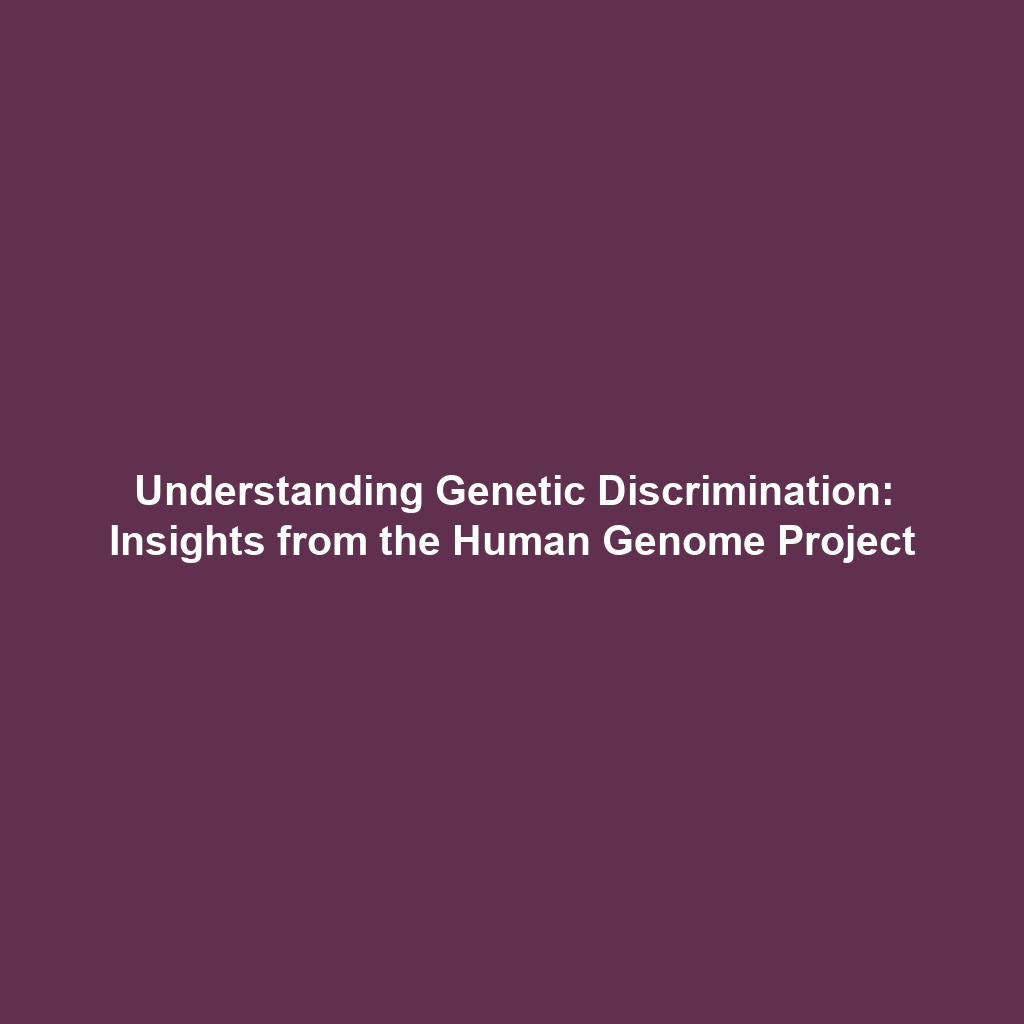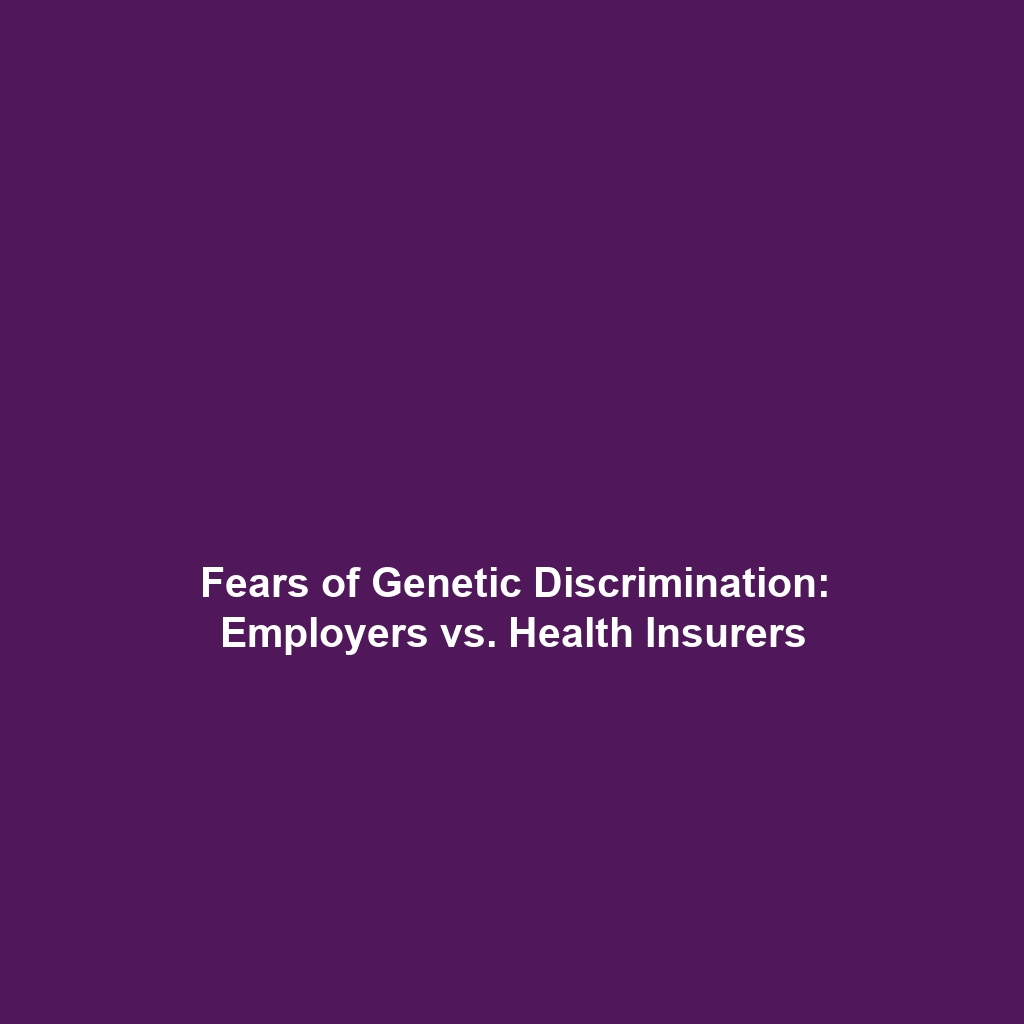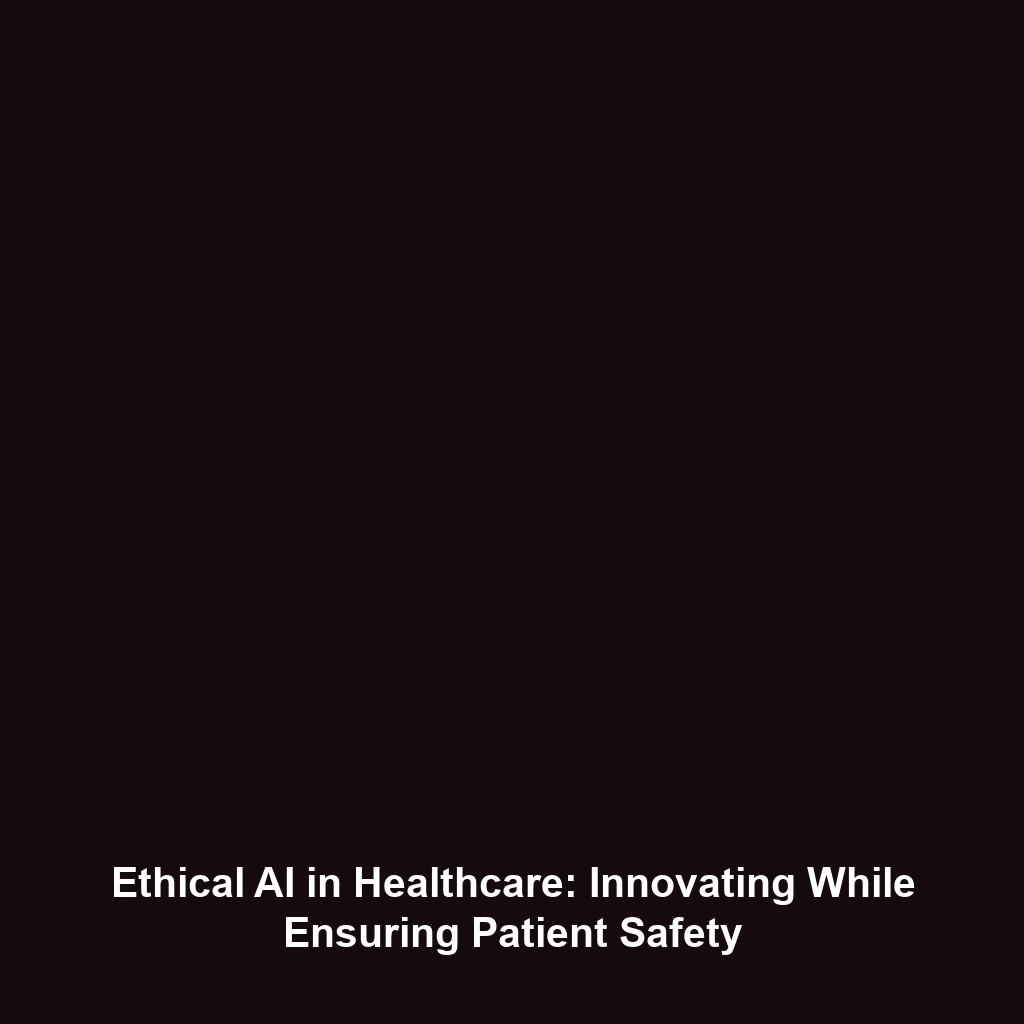Ethical Issues Surrounding Experimental Treatments and Clinical Trials in Immunotherapy & Cancer
Introduction
The landscape of immunotherapy and cancer treatment is rapidly evolving, bringing forth not only innovative solutions but also significant ethical questions. As experimental treatments and clinical trials become integral to advancing cancer therapies, understanding the ethical implications tied to these practices is vital. Ethical issues surrounding these experimental treatments involve patient consent, risk assessment, and equitable access, all pivotal for maintaining trust and integrity in the medical research community. This article delves into the complexities of these ethical considerations within the burgeoning field of immunotherapy and cancer.
Key Concepts
Major Ethical Principles
Several key ethical principles apply to experimental treatments and clinical trials:
- Informed Consent: Patients must fully understand the risks and benefits before participating in clinical trials.
- Beneficence: Researchers are obligated to prioritize the well-being of participants.
- Justice: Fair distribution of the benefits and burdens of research must be ensured, particularly in vulnerable populations.
These concepts form the backbone of ethical considerations in immunotherapy and cancer research and are crucial for protecting participant rights and ensuring credible clinical outcomes.
Applications and Real-World Uses
Understanding ethical issues surrounding experimental treatments has practical implications in the field of immunotherapy and cancer:
- How Ethical Practices are Implemented: Institutions are adopting stricter guidelines to enhance the informed consent process.
- Regulatory Oversight: Enhanced protocols are being developed to monitor compliance with ethical standards during trials.
These applications showcase how addressing ethical concerns directly influences the effectiveness and credibility of immunotherapy treatments.
Current Challenges
Despite advancements, several challenges persist in managing ethical issues in clinical trials:
- Difficulty in achieving truly informed consent in vulnerable populations.
- Balancing the urgency of developing new therapies with ethical considerations.
- Ensuring equitable access to trial participation across different demographics.
These issues highlight the ongoing need for rigorous ethical frameworks in immunotherapy research.
Future Research and Innovations
The future of Ethical issues surrounding experimental treatments is promising, with several innovations on the horizon:
- AI-Driven Ethical Oversight: Artificial intelligence could enhance ethical review processes.
- Blockchain for Consent Tracking: Ensuring transparency in patient consent through blockchain technology.
These breakthroughs may significantly improve how ethical considerations are managed in immunotherapy and cancer research.
Conclusion
In conclusion, ethical issues surrounding experimental treatments and clinical trials are crucial to the integrity of immunotherapy and cancer research. By promoting informed consent, beneficence, and justice, we can improve patient trust and the efficacy of clinical trials. As research continues to evolve, stakeholders must prioritize ethical considerations to uphold the highest standards of care in cancer treatment. For more information on related topics, consider reading our articles on Cancer Research Trends and Advancements in Immunotherapy.








